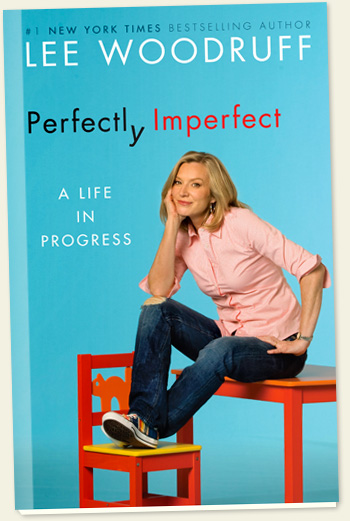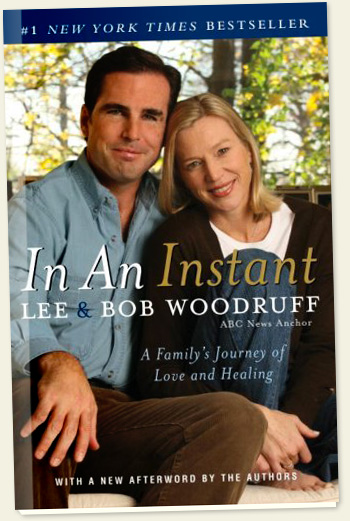I’ll start with a question. If someone risked his or her life for you, would you give him or her a dollar? That is what we are asking every American to do this Memorial Day in honor of the 1.65 million troops who have served in Iraq and Afghanistan.
Memorial Day is supposed to be a time to reflect, to pay tribute to the troops, to step back and honor those who have served their country, so many of which have given their lives. But for most of us, we see it as a long-awaited three-day weekend, a kickoff to summer—a chance to sleep in, fire up the grill, open up the pool for the season, relax with friends.
But for the Iraq and Afghanistan war veterans who have come back to the U.S., each day is pretty much just like the next, which bleeds into the next. An unfathomable number of our service members have been injured in these wars, both with nearly 35,000 physically injured and even more with the signature “hidden injuries”. A recent study conducted by RAND Corporation estimates that more than 320,000 of these service members have returned home with traumatic brain injury, and 300,000 have combat stress such as post traumatic stress disorder, depression and anxiety. That is nearly one in five who have deployed.
While the rest of the nation frets about real estate values and job security, stock portfolios and even what the weather will bring for this weekend’s backyard BBQ, these men and women have their lives to worry about, on top of their livelihoods. The country they thought would surely welcome them back with open arms—unlike the rocks, spittle and jeers that met the soldiers of Vietnam—has proven to be yet another disappointment. It’s a quiet, subtle insult—the silent treatment rather than a slap to the face.
Let’s take politics out of it for a second. It doesn’t matter whether you’re for or against these wars or the policies that put us there. We must separate the war from the warrior. We have to support those who have volunteered to be there and have come home changed. Because these men and women chose to enlist, my 17-year-old son, and your children, are granted the choice of whether or not to do the same.
But when it’s time to come home, the system often fails these people. Especially those with long-term disabilities such as the brain injured. While there are four Veterans Affairs Centers of Excellence for Traumatic Brain Injury around the country, wounded vets and their families must make choices about where to go for rehab. This often means a wife or mom and dad giving up his or her job and income to be by their loved one’s side during treatment. Or a family forced to find a way to keep the kids in school and cared for while Mom is 500 miles away from home participating in the care and watching her husband undergo painful rehabilitation.
In both Operation Iraqi Freedom and Operation Enduring Freedom, we seem to be present as a country on the surface, but not really in it for the long haul. We shake a soldier’s hand or smile when we spot one in uniform at the airport. And then we go back to our lives, our schedules, our jobs and our homes, while scattered throughout our own country are the living, breathing casualties of these wars.
“Some of us went to war and the rest of America went shopping,” René Bardorf, Executive Director of the Bob Woodruff Foundation, said to me once, and her words have stayed with me. René’s husband is a Marine Major and has been deployed to Iraq three times. While she parents their kids in Virginia, he lives on a remote base in California as what military families call, a “geographical bachelor”. It is unclear when they will be together again as a family.
I think about other Marines I know, like Colin, who was shot in the head two years ago on a rooftop in Iraq. He was 19. Colin’s dad spends each day with him as he undergoes therapy for a debilitating brain injury. And while he is making great strides, his life is circumscribed in so many ways.
Like many Americans, I’ll be planting flowers and grilling burgers this Memorial Day weekend, while someone else’s daughter, husband or son is on patrol a half a world away, braced for the possibility that at any minute he or she could be hit by a sniper or a cleverly concealed IED (improvised explosive device, like the one that hit my husband). And I am so grateful to that person.
The Obama administration and the new First Lady have pledged that our wounded military and their families are a priority. As I watched President Obama recite his oath, I felt a surge of hope that perhaps our country might finally put its patriotism into action where our heroes are concerned. End the rhetoric. Pony up dollars and sweat instead of words.
Yes, there is so much more the government can do, but we all, individually and as communities, can also come together to heal these families. Hire a veteran. Seek out reservists and ask how they are getting by. Does a military family need a hand with child care? Or a meal on the dinner table?
And if you don’t know someone personally who has served—there’s still a way you can help. Which brings me back to my initial question.
Would you give a dollar to someone who risked his or her life for you?
The Bob Woodruff Foundation is hoping you will help us make this cause viral and ask Americans to donate at www.ReMind.org because the plight of our injured warriors affects all of us. We aim to prove that small individual donations ($1, $5, $25) can join together to build something really big. The money goes directly to localized resources and support services that assist in recovery from the physical and psychological wounds of war.
“Support our troops” is no longer just a slogan; it’s an action.
Click to read more ...
 June 6, 2009
June 6, 2009  9 Comments
9 Comments 









